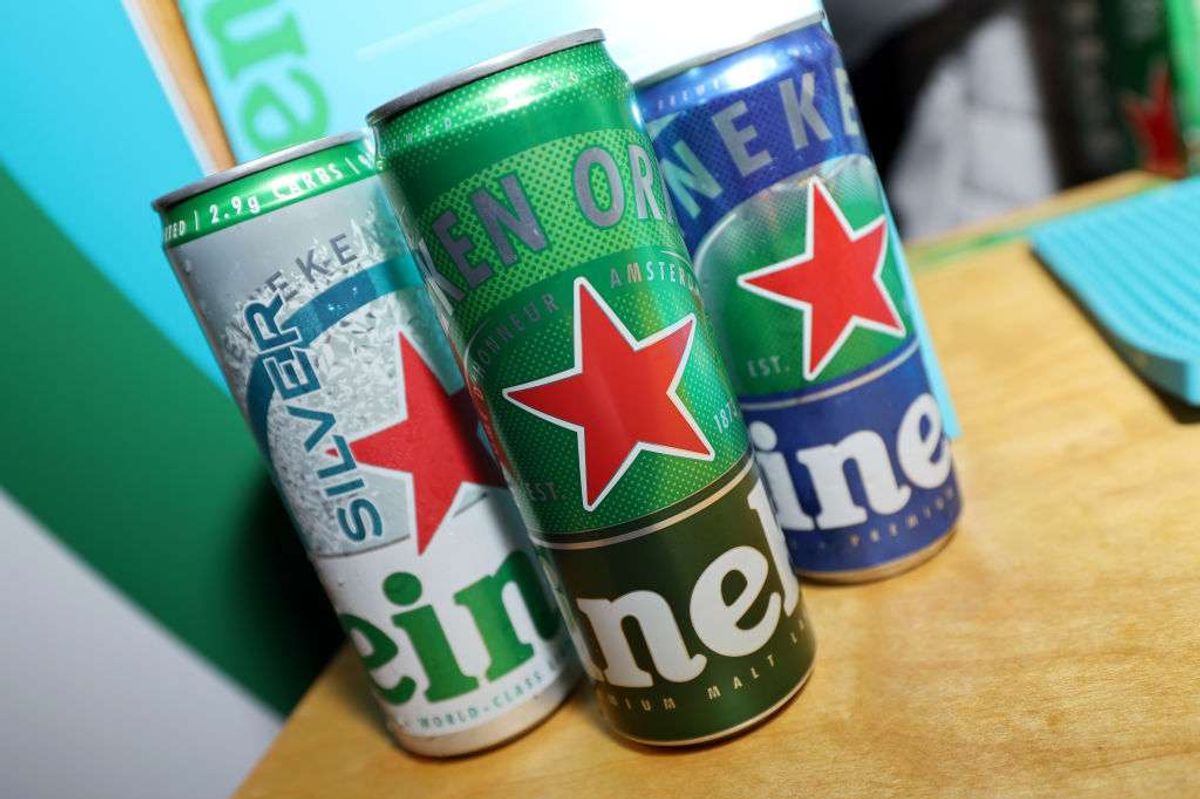Heineken has unveiled EverGreen 2030, a refreshed five-year plan aimed at accelerating growth and productivity across its global beer business, while doubling down on sustainability and digital transformation.
Announced in Amsterdam on 23 October, the strategy builds on the brewer’s earlier EverGreen 2025 framework and signals confidence in beer’s long-term resilience despite a sluggish post-pandemic recovery and inflationary headwinds.
“The future of beer is (Ever)Green,” said Dolf van den Brink, chairman and CEO of Heineken. “We’re fundamentally transforming our business to stay ahead in an increasingly volatile geopolitical and economic landscape. EverGreen 2030 is further sharpening Heineken’s growth strategy, allowing us to confidently navigate consumer shifts and capturing structural growth opportunities.”
Focus on premium, LoNo and beyond beer
Heineken said it sees “significant headroom” for category expansion, with beer currently accounting for 42 per cent of alcohol spending globally. Growth will come from innovation across premium, low- and no-alcohol (LoNo) and “beyond beer” segments – areas in which Heineken already leads, notably through its flagship Heineken 0.0 brand.
The company said it would focus on 17 Growth Markets while continuing to build share in 50 countries where it already holds leading positions. Recent moves, such as the planned acquisition of FIFCO’s beverage and retail business in Central America, are part of efforts to optimise its portfolio and tap into emerging markets including India, Vietnam, Ethiopia and Mexico – regions expected to fuel long-term volume growth.
Efficiency and digital acceleration
Productivity remains central to Heineken’s growth ambitions. Following €3 billion in gross savings under EverGreen 2025, the brewer now targets an additional €400–500 million in annual savings.
To achieve this, the company will double the size of Heineken Business Services and scale its ‘Digital Backbone’ – a €1 billion-plus investment aimed at standardising and streamlining operations across more than 70 markets. From 2026, the Amsterdam head office will evolve into a more strategic centre as selected roles transition into HBS hubs.
Growth and sustainability targets
Heineken expects mid-single-digit organic net revenue growth under EverGreen 2030, with organic operating profit outpacing sales and earnings per share keeping pace. The brewer aims to maintain over 90 per cent cash conversion and will introduce return on invested capital (ROIC) as a key metric in management incentives.
Sustainability remains a core pillar. Heineken has reaffirmed its 2030 net zero commitments for scope 1 and 2 emissions, alongside a new water efficiency target of below 2.6 hectolitres per hectolitre of beer produced.
A ‘pioneering’ next chapter
The company has also refreshed its brand ambition – Heineken, The World’s Pioneering Beer Company – to reflect its 160-year heritage and ongoing innovation in brewing and brand building.
Van den Brink said the strategy positions Heineken for “superior and balanced growth” while ensuring the business remains future-fit.
“In the long run, beer has proven to be a resilient category, always recovering after every major historical downturn,” he said. “By focusing on accelerating growth, stepping up productivity and future-proofing Heineken we are committed to creating long-term value and delivering attractive returns for shareholders underpinned by disciplined execution and sustainable investment.”


